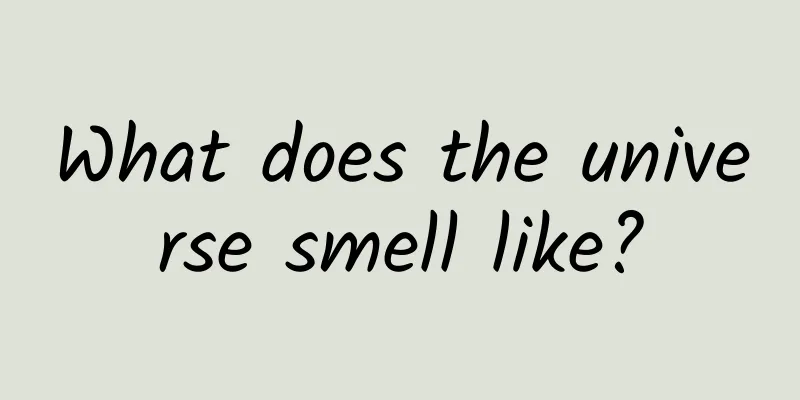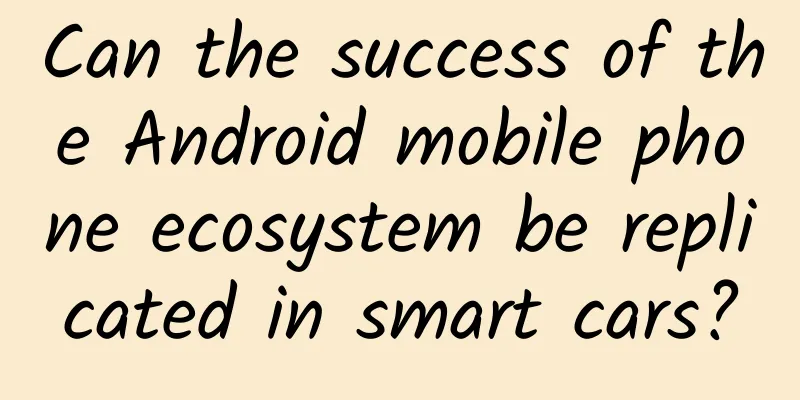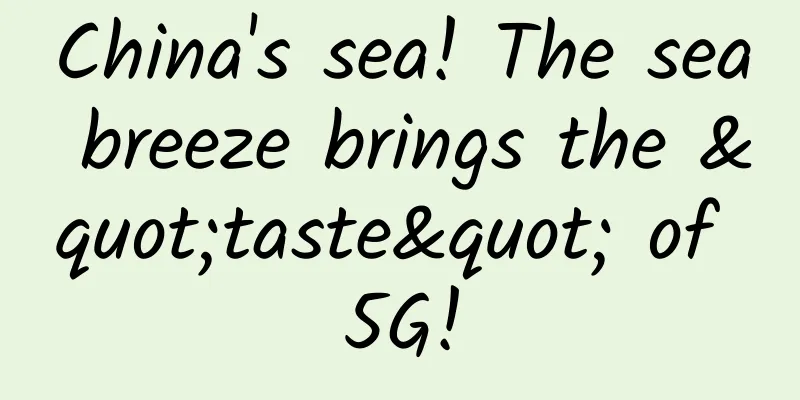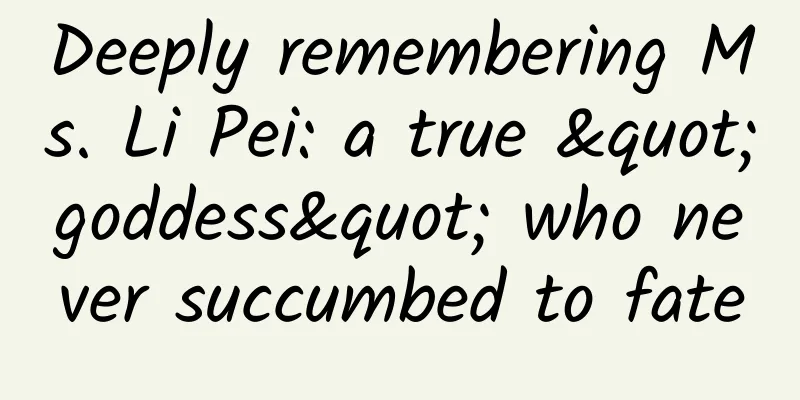What does the universe smell like?

|
Imagine if you had the opportunity to go into space and could take off your oxygen mask and breathe freely without dying. If you took a deep breath, would you smell the scent of the universe? Before answering the question, we need to understand what smell is. To be precise, smell should be divided into: gas + taste. "Qi" refers to gas, which is a volatile substance . This volatilization is caused by molecular thermal motion at the molecular level. This thermal force needs to overcome the intermolecular force. Generally speaking, the intermolecular forces between solids are greater than those between liquids and gases, so solids require more thermal forces to break free from the intermolecular constraints. For example, if you buy a durian, you can smell it in the whole room. But this is normal. If you put the durian in the microwave and take it out to eat, the thermal movement will become stronger and the volatilization of the durian will become more intense. At this time, not only will the whole room smell, but the whole floor may know that you are eating durian... (Please don't try it easily) "Taste" is sensory perception, which is equivalent to a sensor. It refers to the change of physical quantity after molecules act on the surface of the sensory organ (the physical quantity can be electricity, magnetism, light, length or volume, ion flow, molecular flow, etc.) , and the generated signal is transmitted to the brain through nerves. When it comes to gas molecules, the sense organ we usually receive is the nose . This is because there is a small piece of tissue at the back of the nasal cavity with millions of olfactory receptor neurons distributed on it. These neurons have cilia that are in direct contact with the air. When a person inhales, the gas molecules floating in the air will enter the nasal cavity, then bind to the receptor proteins extended by these cilia, causing chemical stimulation, which is then converted into electrical signals and transmitted to the brain via the olfactory nerve axons, so that people can smell the odor. Therefore, as long as two conditions are met: one is the existence of gas molecules, and the other is that people use their senses (nose) to feel the gas molecules, then they can smell the odor. So is there any gas in space? Actually, there is. Although we know that space is a vacuum environment, absolute vacuum does not exist. There are always very weak gas substances in space, including rarefied hydrogen atoms, helium atoms, interstellar dust, etc. Since there is gas, there must be gas molecules. So according to the assumption we put forward at the beginning, people can smell the smell of space when they take a breath in space. But the cruel reality is that if we really take a breath in space, it will probably be our last breath, and we will die after swallowing it. Does this mean that we can no longer smell the smell of space? Not entirely, because a NASA astronaut said that he could actually smell the "smell of space", and he described the smell very vividly: like the smell of "burnt steak" and "the sizzling smoke from electric welding". Of course, he couldn't have taken off his spacesuit and run into space to take a breath. In fact, he smelled the smell of the crew returning from the spacewalk. Because current space walks are all conducted in low-Earth space orbit, they are not very far from the Earth's atmosphere. The area where the Earth's atmosphere borders outer space is filled with a large number of oxygen atoms. Therefore, some free oxygen atoms will attach to the clothes of astronauts who are active outside the cabin. When they return to the space capsule, since the cabin is an aerobic environment, these highly oxidizing oxygen atoms will oxidize the oxygen molecules inside into ozone , so they will smell a smell similar to "electric welding smoke." So the smell that astronauts smell is not the smell of the universe itself. However, this also gives chemists on Earth a new idea: since we can't smell in the universe, can't we just smell it on Earth? In fact, NASA has already done this. In 1998, the Discovery spacecraft took a rose and let it stay in the space environment for some time. The result is undoubtedly that the fragrance of roses in space does smell different from that on Earth. They then used millimeter-scale silicon fiber test tubes coated with special liquids to collect the aroma molecules around the rose petals, brought them back to the laboratory on Earth, and found chemist Steven Pearce to conduct research on space flavor synthesis in the laboratory. After Steven and his team determined the composition and magnitude of the molecule, they successfully replicated the fragrance molecule in the laboratory. It is said that at that time, this new type of aroma molecule was also added to a perfume produced by Shiseido in Japan, but it is unknown which perfume it was... What does the universe really smell like? After all, the universe is made up of various elements, and the differences in the elements that make up matter result in different smells. In the vast universe, the interstellar medium can be said to account for more than 98% of it. This bizarre "fertile land" is filled with a large number of interstellar molecules. A light-year of interstellar gas The existence of these molecules makes things easier. Scientists can use radio telescopes to capture wavelength images of these molecules, and then use spectroscopy methods to detect and discover that most of these molecules are carbon-containing organic compounds (polymers). For example, the polycyclic aromatic hydrocarbon molecules that have been detected exist in large quantities in the interstellar medium. Polycyclic aromatic hydrocarbon molecules are actually "old acquaintances" to everyone, because you can smell them in secondhand smoke, car exhaust and even burnt food. There is also Sagittarius B2 , one of the super-large nebulae in the Milky Way. Astronomers originally intended to look for traces of the existence of life molecules in it, but unexpectedly discovered that this nebula contains a large amount of ethyl formate. Image source: ESO This compound has a characteristic, which is that it smells like rum . It is confirmed that Sagittarius B2 is actually a "big wine cellar"! Generally speaking, the universe is actually an environment with a complex smell, and we can actually smell many smells similar to those in the universe on Earth. This way I can brag to others later: I am on Earth, I just got off the spacecraft, I inhaled a lot of secondhand smoke in space, and I quickly breathed in some fresh air. |
Recommend
Mobile game industry optimization methodology, classic material cases packaged for you!
Not long ago, Tencent released its Q2 financial r...
Deep interaction between UIWebView and JS
[[145431]] The cause of the matter is still drive...
Getting Started with WatchKit: Creating a Simple Guessing Game
Editor's note: As you know, Apple has include...
Killing a person every 10 steps and leaving no trace - the frenzy of the sexy swordswoman
Introduction: As a loyal fan of the popular Ameri...
Detailed explanation of sentiment analysis based on Naive Bayes and its implementation in Python
Compared with "dictionary-based analysis&quo...
Strong winds and cooling temperatures are actually the "pioneers" of high temperatures! North China says to Jiangnan: I'll drink this bowl of "hot" wine first as a token of my respect
1. The cold front will move southward and westwar...
RAPOO D5 "three-in-one" experience
In terms of functional expandability, mobile powe...
From a Cantonese novice to a Cantonese expert
Friends who often listen to music or watch movies ...
Hot-selling product marketing strategy
This article summarizes the five most frequently ...
How to make an executable product promotion plan?
A few days ago, a friend who studied abroad (retu...
Just count on your fingers, how much radiation is exposed when going through security check?
These problems, Do you know all the answers? Auth...
Who is most likely to become the fourth pole of China's Internet?
[[157689]] BAT has already occupied an absolutely...
10 ways for new users to increase their followers on Bilibili, how to increase your followers quickly
With the rapid development of Bilibili, both ente...
A big screen makes you look stupid, and a small screen makes you look poor. So what is the appropriate size for a mobile phone screen?
Since the beginning of 2015, rumors about the lau...









